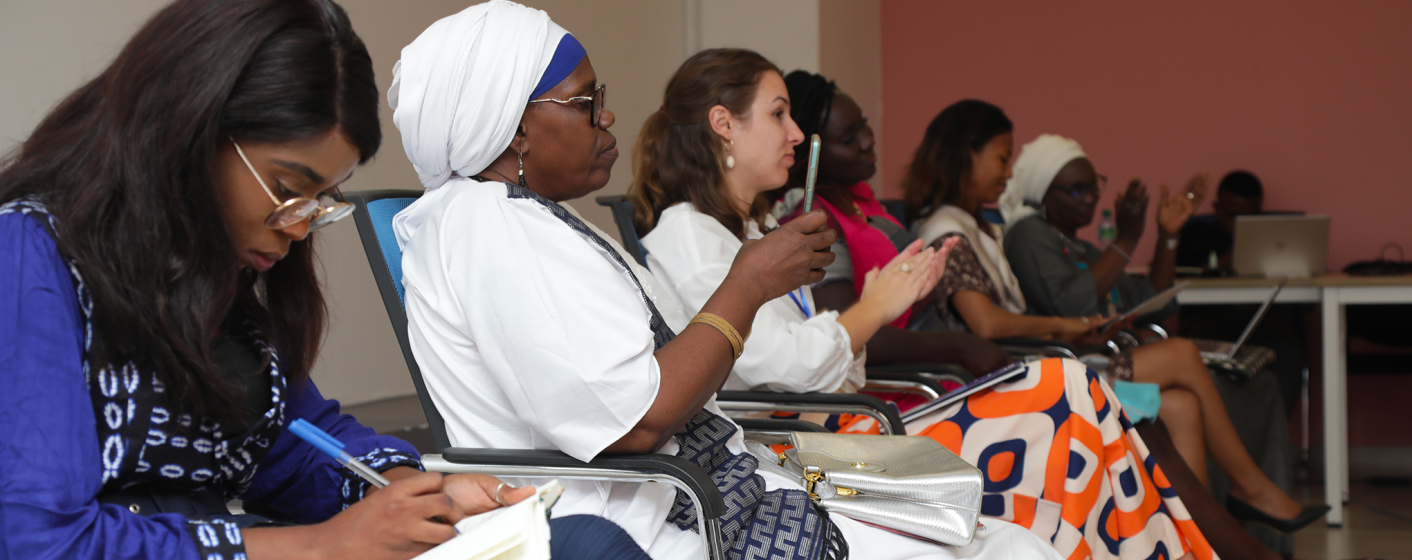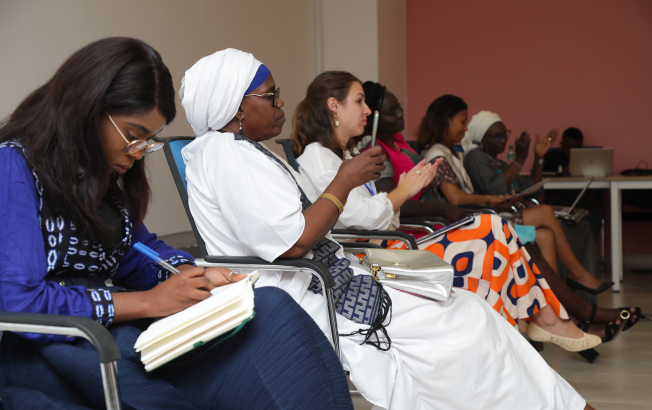Day of the Girl Celebration - Impact of Female Leadership and Girls' School Retention
In honor of the International Day of the Girl, the IIEP-UNESCO's Gender at the Center initiative organized a panel discussion on the theme: "The Role of Female Teachers and School Principals in Girls' School Retention: Insights from the Data."
This panel provided a valuable opportunity to introduce a recent study on women in leadership positions within education. Cécile Giraud, Gender Education analyst at IIEP-UNESCO, introduced the discussion by presenting the results of the Will Study. She highlighted the skills and characteristics of female school leaders that have a direct impact on improving learning. The findings from this study suggest that "exposure to female school principals reduces gender stereotypes, enhances women's aspirations for their daughters, and contributes to reducing gender inequalities in education." Adama Pouye, the vice-coordinator of the Senegal Feminist Collective, supports this hypothesis, saying, "Throughout my educational journey, I was inspired by a teacher and a school principal who played a crucial role in shaping my personality." She is also the founder of the Exclusively Female Forum (FEF).
The second panelist, Diarietou Niang, one of the pioneering female school principals and former president of the national committee for female teachers advocating for girls' education, shared her perspective on female leadership in education: "Allow me to give you an example of the fight we waged as part of the national committee of women teachers to get girls into school in the Fatick region. Our aim was to prevent forced marriages of young girls as they prepared for their elementary school leaving exams. We supported a girl who didn't want the forced marriage her parents were proposing. The marriage was broken off thanks to our efforts. The girl went on to study at the prestigious Sorbonne University." Diarietou Niang firmly believes that female leadership in education is a reality. She also discussed other initiatives she implemented as a school principal to support girls' school retention, such as the construction of separate restroom facilities and school cafeterias in collaboration with the local communities.
While the WILL study documents female leadership in elementary education, the data indicate that women face significant challenges when it comes to obtaining and succeeding in school leadership positions. On average, in the 14 French-speaking African countries that participated in the PASEC 2019 evaluation, only 22% of students were enrolled in schools led by women.
These challenges are primarily rooted in societal norms, as noted by Khadidiatou Sow, the vice-president of Fawe (Forum of Specialized Educators). She emphasized the importance of continued advocacy to increase the representation of women in school leadership roles. In Madagascar, 35% of school leadership positions are held by women, according to Andriatsimamitaka Herisoa Fanilo, a researcher within the Service of Studies and Evaluation of Educational Policies (SEEPE) at the Department of Education Planning (DPE) of the Ministry of National Education (MEN) in Madagascar. She is also a member of the gender and education community of practice. Drawing from the WILL study data, she argued that female leadership in schools has a positive impact, even extending to boys.
The event provided an excellent platform for sharing and exchanging ideas with members of the gender and education community of practice, who gathered in Dakar for a week. It also brought together media representatives and education experts. This event served as a vital forum for discussing and formulating suggestions for policies and programs aimed at enhancing the impact of female school leaders to promote girls' school retention.


